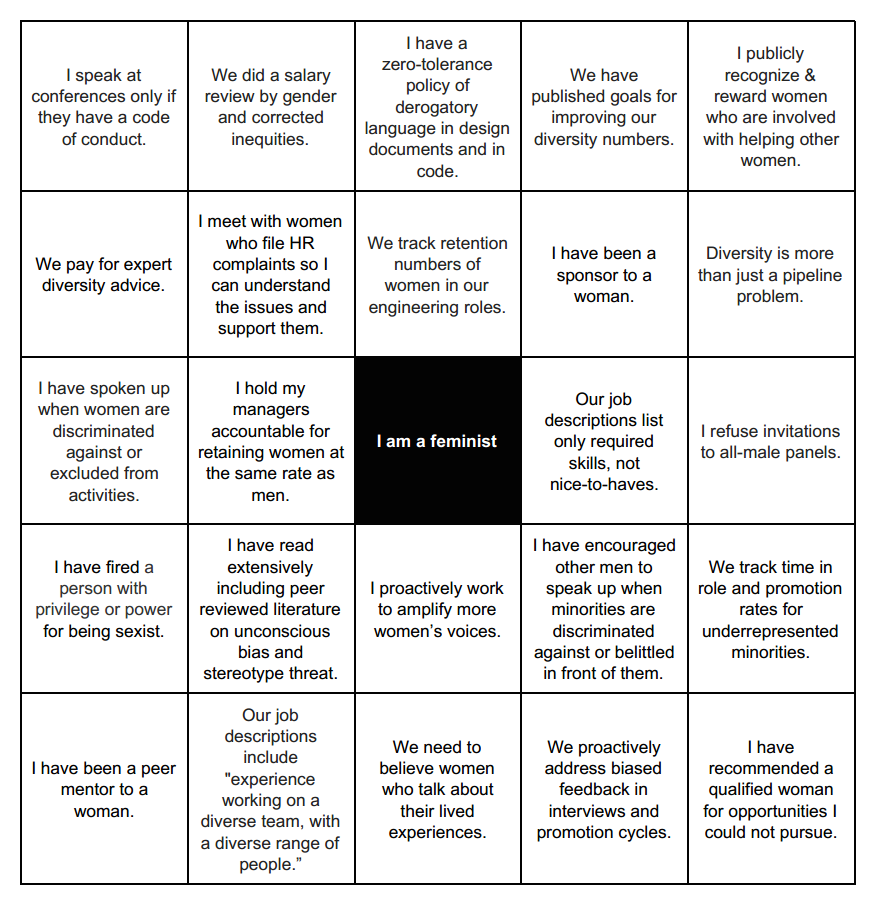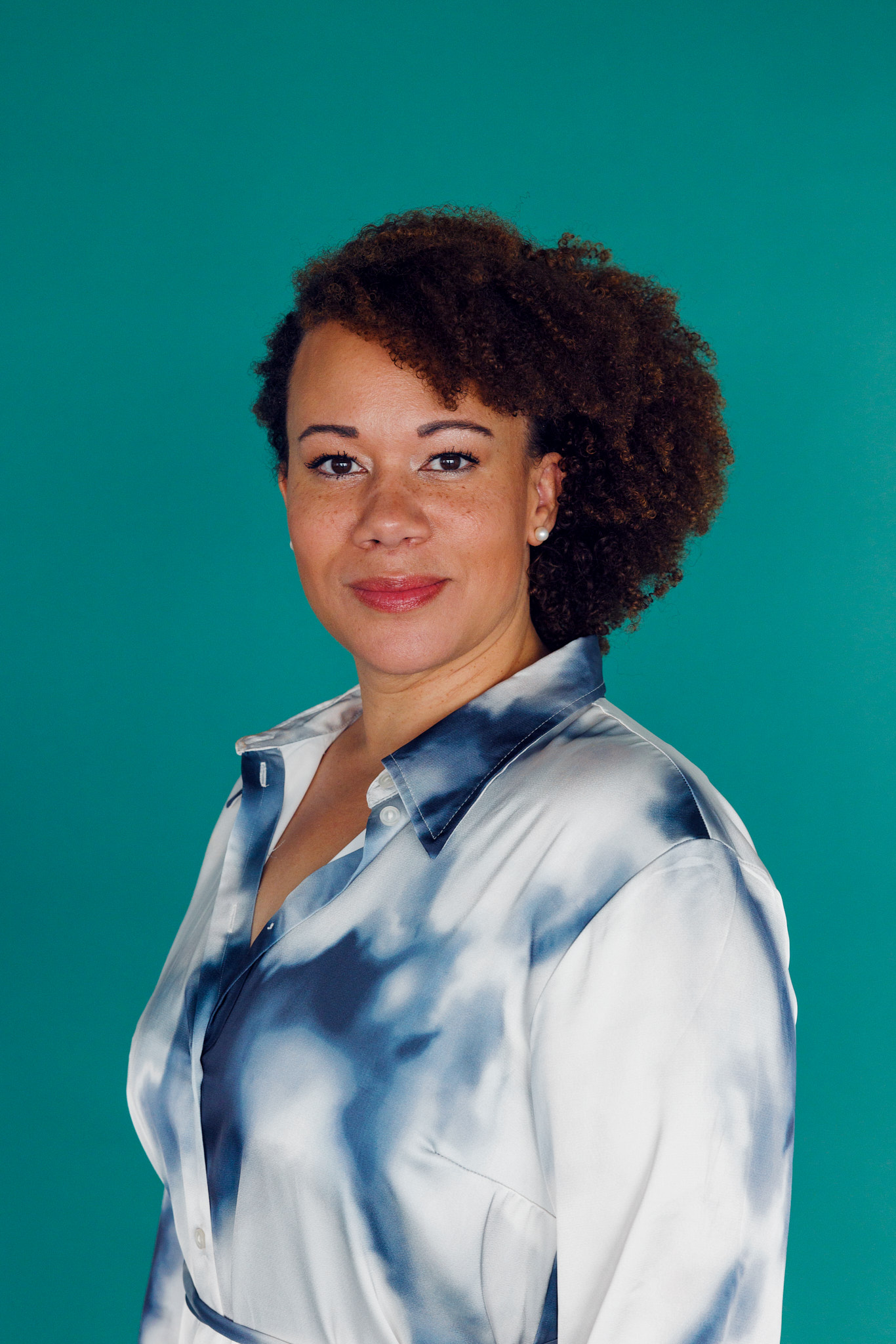
How can you as an employee and colleague become a co-creator of an inclusive work environment where everyone feels respected, valued and recognised by being an ally to those around you?
You can do this by learning about inclusive collegiality (allyship).
"Allyship is a strategic mechanism used by individuals to become collaborators, accomplices, and coconspirators who fight injustice and promote equity in the workplace through supportive personal relationships and public acts of sponsorship and advocacy."
Harvard Business Review 2020
What is an inclusive collegiality (allyship)?
An 'ally' in the workplace is a staff member who engages in inclusive collegiality by:
1. Having a curiosity and willingness to learn and develop in order to become a better colleague for e.g. minority people
2. Using their voice and position to uplift others who have fewer opportunities to be heard (e.g. due to their minority status)
3. Be aware of privilege (ascribed/ innate advantages that mean you do not "go against the norm" and therefore do not experience discrimination based on e.g. gender, sexuality, ethnicity etc.) and your own unconscious biases
4. Speak up when they experience discrimination and harassment at work
5. Recognise that you too will make mistakes
Why is inclusive collegiality important?
Colleagues can help bring about necessary change in the workplace to make it more inclusive for a diverse range of employees.
Employees who experience discrimination are often in a vulnerable position, and this is where allied colleagues can use their voice to raise their case and invoke change.
Providing tools for inclusive collegiality is essential to creating working environments where everyone feels safe, respected and recognised. It is therefore also an important element in retaining talented staff.
Five inclusive actions
- Listen and learn: give space for others to talk about their experiences at work
- Support others, for example, in reporting discriminatory acts and violations
- Break with 'carers': notice who the workplace is designed for - both physically and psychologically. Is anyone excluded?
- Notice dynamics and norms e.g. at meetings: Who speaks most - and least? What unspoken expectations are there? Who gets interrupted? Who has most authority?
- Create inclusive social events and invite your colleagues to external networking events
Creating good collegial atmosphere requires space, tools and knowledge
Want to know more about how your company can create inclusive collegiality? through workshops, presentations or training sessions? Then contact us.

ALLIERET BINGO
How many can you check off?
OBS! Must/can be read with an ironic grain of salt


